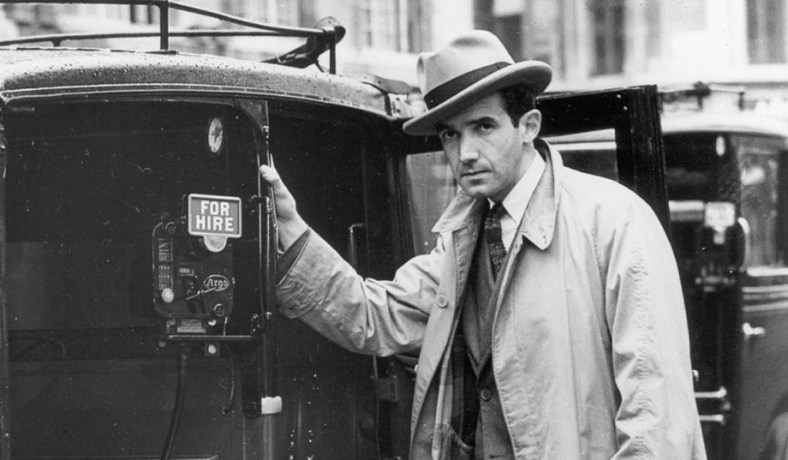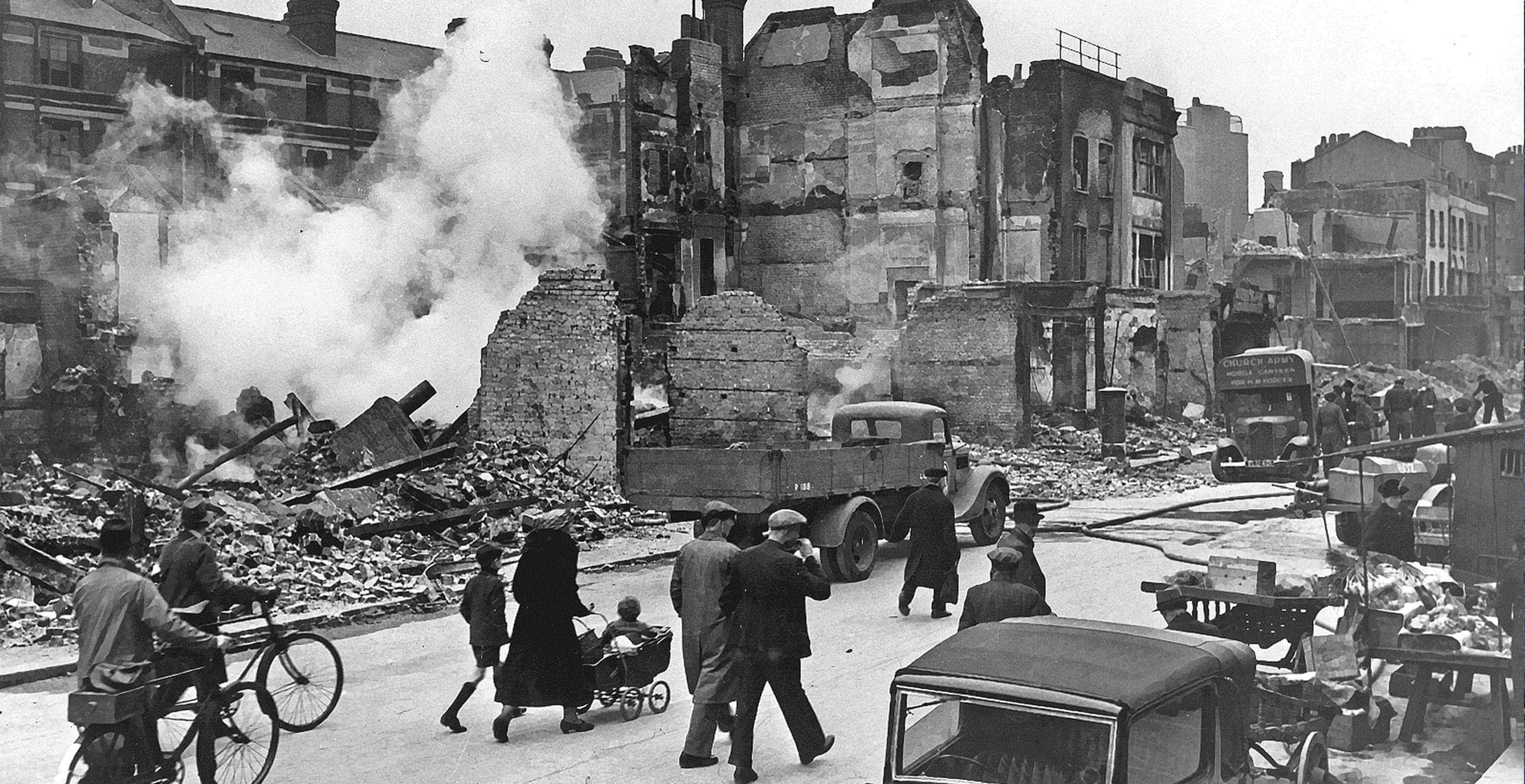Authors:
Historic Era: Era 8: The Great Depression and World War II (1929-1945)
Historic Theme:
Subject:
November 2020 | Volume 65, Issue 7


Authors:
Historic Era: Era 8: The Great Depression and World War II (1929-1945)
Historic Theme:
Subject:
November 2020 | Volume 65, Issue 7
Editor's Note: Bob Edwards is a Peabody Award-winning journalist formerly with NPR and Sirius/XM Radio. He is author of Edward R. Murrow and the Birth of Broadcast Journalism, among other books.

By September of 1940, Nazi Germany had conquered most of Europe and was now focused on a planned invasion of Britain. Before it could launch Operation Sea Lion, Germany would need to control the English Channel—and to do that, it would have to have superior air power.
At first, German bombers targeted British airfields and radar sites, but in September, Hitler changed his strategy. The bombers attacked the cities in hopes of stirring fear and panic. Hitler hoped that the daily bombing runs would force the British people to beg their leaders to capitulate.
See also: “The Holy Grail of Broadcast: Murrow’s microphone comes to the
National Press Club,” in this issue by Gil Klein
American radio listeners heard daily reports on the bombing from Edward R. Murrow, who was broadcasting from a studio in the subbasement of Broadcasting House, a BBC facility in London. Murrow’s reports included accounts of death and destruction, the proclamations from Parliament and the observations of ordinary Londoners – a policeman on the corner or a young woman working in a shop. Reading carefully crafted scripts was quality reporting, but it would no longer do for Murrow. He was a radio man and his reports would be more vivid if his listeners could hear what was going on.
For a special program called “London After Dark,” Murrow left the studio and went to Trafalgar Square. Standing at St. Martin in the Fields church, he put his microphone on the ground to record the sounds of people calmly walking to bomb shelters, “like ghosts with steel shoes.” He wanted to show there was no panic in London.

Three successive CBS offices were destroyed by German bombs. Broadcasting House was bombed several times during the war, including at least one time while Murrow was broadcasting. One bomb didn’t explode right away. Experts were working on it when it ultimately exploded, killing seven people and destroying the BBC’s program library.
The blitz gave Murrow the signature phrases that he used to open and close his broadcasts. He began by saying “This is London.” He ended his reports with “Goodnight and good luck.”
That was a phrase Londoners used to end their conversations when they were not certain they’d be able